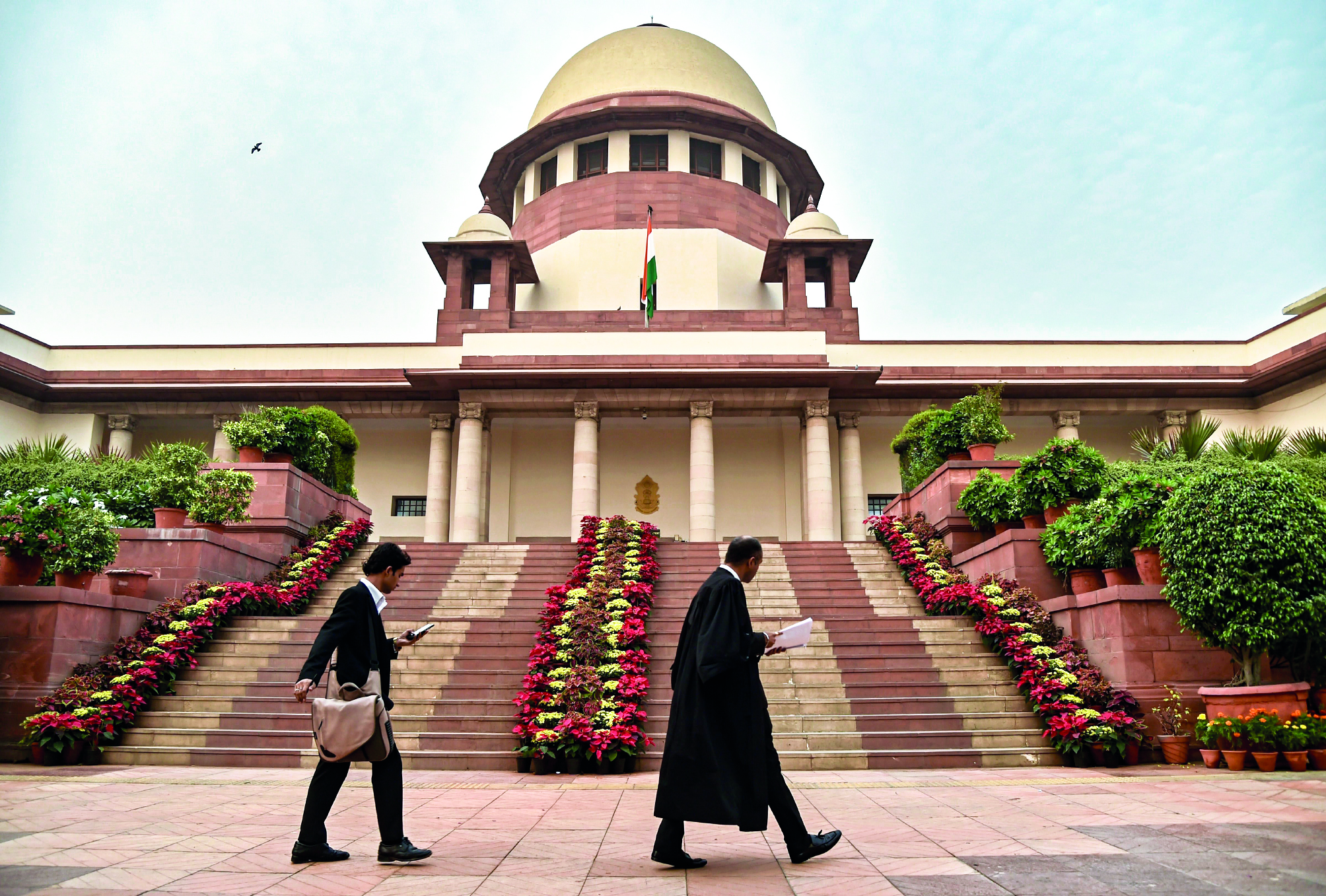SC dismisses plea to apply Delhi govt OBC list in Central govt funded institutions in Capital

New Delhi: The Supreme Court of India has dismissed a petition that sought to apply the Delhi government’s OBC reservation list to institutions funded by the Central government, a decision that has sparked discussions about equity in educational opportunities.
The case centered on a notice issued by the Medical Counselling Committee (MCC) on January 10, 2022, which modified the criteria for OBC reservations in postgraduate courses for certain central institutes. This modification limited OBC reservations to candidates listed on the central OBC list, effectively excluding candidates from the Delhi OBC list from competing for these reserved seats.
The matter was examined by a bench comprising Justices BR Gavai and KV Viswanathan, who found insufficient grounds to intervene with the MCC’s notice. The MCC had been challenged in the Delhi High Court, where it was argued that the Delhi OBC candidates had been misled by earlier documents from Guru Gobind Singh Indraprastha University and the MCC itself, which suggested they were eligible for OBC seats.
The petitioner contended that institutions like Vardhman Mahavir Medical College (VMMC) and Atal Bihari Vajpayee Institute of Medical Sciences (ABVIMS), although centrally funded, should adhere to Delhi’s reservation policies because they are affiliated with a state-run university. However, the MCC countered this by emphasizing the need for uniformity across central institutions, stating that adherence to the central OBC list was crucial for standardising the admission process.
During the proceedings, Senior Advocate K Parmeswar, representing the petitioners, argued that “the policy of the Delhi government should apply to state-run universities like GGSIPU until the MCC’s circular intervened.” He asserted that excluding Delhi OBC candidates from the admissions process would further marginalize them. He even suggested that these candidates
should be allowed to compete alongside those listed in the central OBC list.
Justice Gavai raised concerns about the implications of such an interpretation, questioning whether it would open the door for candidates from other states to demand similar reservations. “Can the Delhi government impose its policy on a 100% centrally funded institution?” he asked, indicating that the nature of funding could dictate eligibility for reservations.
Justice Viswanathan noted that while the source of funding could determine admission criteria, the Delhi government’s reservation policy applied only to institutions under its jurisdiction. He emphasized that, given the central funding, the reservation criteria should reflect the central government’s regulations rather than local policies.
In concluding the hearing, the Supreme Court upheld the MCC’s decision, ultimately dismissing the plea. This ruling reinforces the distinction between state and central policies regarding educational reservations and raises important questions about access to higher education for diverse communities across the country.



